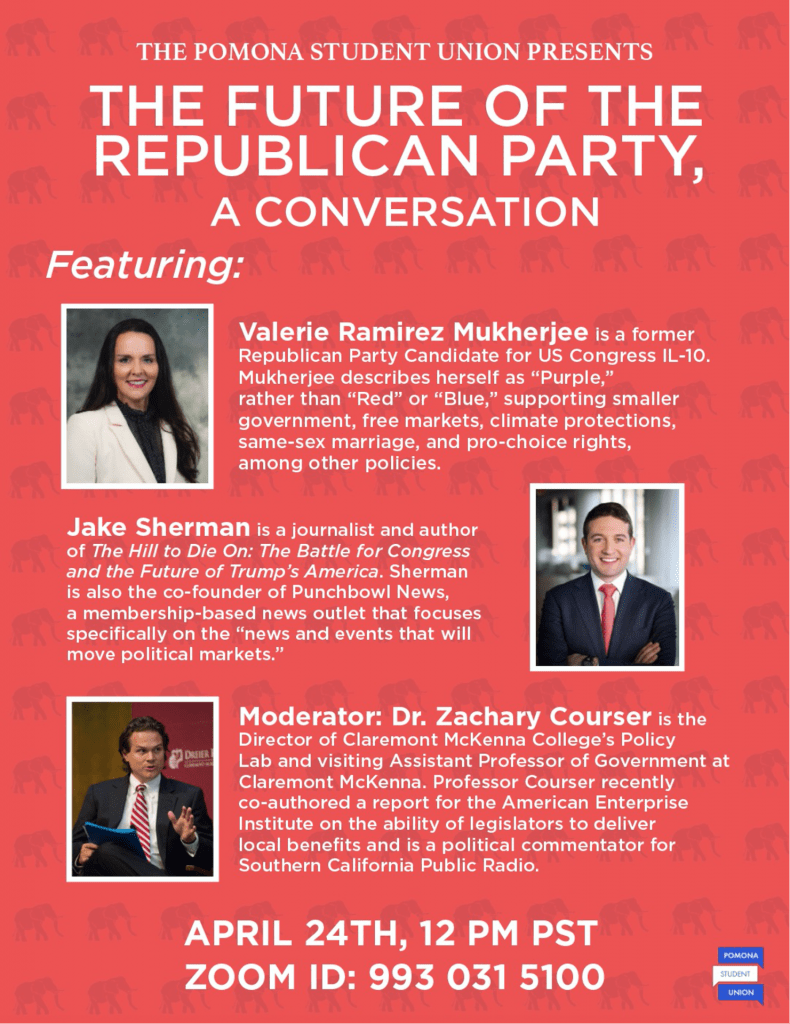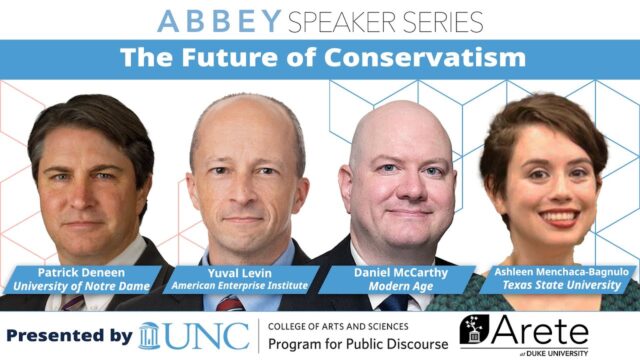What’s the Future of Conservatism in the USA?
Conservatism has been a strong force in American politics for many years, shaping policies and influencing leaders. But as the country changes, the future of conservatism faces new challenges and opportunities. In this blog, we’ll explore how conservatism is evolving and what its future might look like in the United States.
The Changing Demographics of America
America’s population is constantly changing. The country is becoming more diverse, with growing numbers of Hispanic, Black, and Asian American citizens. This shift is significant for conservatives because traditionally, these groups have tended to vote for Democratic candidates. However, this doesn’t mean they will always vote that way. Conservatives have the chance to appeal to these communities by focusing on issues that matter to them, such as economic opportunity, family values, and education.
The conservative movement must also consider younger generations. Millennials and Gen Z, who have grown up in a more progressive environment, are more likely to lean liberal. To stay relevant, conservatism will need to adapt its messaging to appeal to these younger voters. This could mean focusing on issues like technology, climate change, and student debt, areas that are important to younger Americans.
The Role of Technology in Shaping Political Ideas
Technology is changing how people access information, and this affects political beliefs. Social media platforms like Facebook, Twitter, and TikTok are major sources of news and opinion for many Americans. Conservatives are using these platforms to spread their message, but they face challenges. Many conservatives feel that tech companies have a liberal bias, which makes it harder for their views to reach a wide audience.
Looking ahead, technology will continue to play a big role in politics. Conservatives will need to figure out how to effectively use these platforms to reach voters. This might include developing their own platforms or finding new ways to connect with people online. At the same time, they’ll need to focus on regulating big tech companies to ensure free speech for all political views.
Balancing Traditional Values with Modern Issues
Conservatism has always been about protecting traditional values, such as family, religion, and personal responsibility. However, the world is changing rapidly, and many of today’s issues are very different from those in the past. Issues like same-sex marriage, gender identity, and climate change are challenging conservatives to think about how they can stay true to their values while addressing these modern concerns.
Some conservatives believe that the movement should stick firmly to its roots, focusing on issues like reducing government intervention and promoting individual freedom. Others think that conservatism needs to evolve to stay relevant, which means finding common ground on issues like LGBTQ+ rights or environmental protection. The future of conservatism will depend on how the movement handles these challenges and whether it can find a balance between its traditional values and modern issues.
The Rise of Populism and Its Impact on Conservatism
Populism, which focuses on the idea of fighting for the “common people” against the “elite,” has become an important part of modern conservatism, especially with the rise of leaders like Donald Trump. Populism appeals to many conservatives because it emphasizes issues like immigration control, national sovereignty, and economic protectionism.
However, populism is also controversial within the conservative movement. Some traditional conservatives worry that it moves too far away from core conservative principles, such as free-market capitalism and global trade. The future of conservatism will likely involve a debate about how much populism should be a part of the movement. This could shape the direction of the Republican Party and the policies it promotes in the years to come.
The Influence of Religion in Conservatism
Religion has always played a major role in conservatism, particularly among evangelical Christians. Religious conservatives have been strong supporters of issues like opposing abortion and defending religious freedom. However, America is becoming more secular, and fewer people identify with organized religion.
Despite this trend, religious conservatives remain a powerful force in American politics. In the future, conservatism will need to figure out how to maintain its strong ties to religious voters while also appealing to a broader audience. This might involve focusing on shared values, such as the importance of family and community, rather than strictly religious issues.
The Future of the Republican Party

The Republican Party is the political home of conservatism in the United States. But the party is facing internal divisions, with different factions pulling in different directions. Some Republicans want to focus on traditional conservative policies, such as lower taxes and smaller government. Others are more aligned with the populist movement and are focused on issues like immigration and trade.
These divisions raise questions about the future of the Republican Party. Will it continue to be the main political force for conservatism, or will new conservative movements or parties emerge? The party’s future will depend on its ability to unite these different factions and develop a clear vision for the future.
Conservatism and the Economy
Economic policy has always been a central focus of conservatism. Conservatives believe in free markets, low taxes, and limited government intervention in the economy. These ideas have been popular for many years, but the economy is changing, and conservatives will need to address new challenges.
Issues like income inequality, automation, and globalization are becoming more important to voters. Conservatives will need to find ways to address these issues while staying true to their principles. For example, they might focus on policies that promote economic growth and innovation while ensuring that everyone has access to economic opportunities.
Conservatism and Climate Change
Climate change is one of the biggest issues facing the world today, and it’s becoming increasingly important to voters, especially younger ones. Traditionally, many conservatives have been skeptical of climate change and have opposed government regulations aimed at addressing it. However, this is beginning to change.
Some conservatives are starting to embrace the idea of market-based solutions to climate change, such as promoting clean energy innovation and reducing regulations that make it harder for businesses to adopt green technologies. The future of conservatism will likely involve finding a way to address climate change in a way that aligns with conservative principles, such as personal responsibility and free markets.
Conservatism’s Global Impact
Conservatism in the United States doesn’t exist in a vacuum. American conservatives are influenced by global events, and their policies can have a big impact on the rest of the world. Issues like international trade, immigration, and foreign policy are important areas where American conservatism interacts with global politics.
In the future, conservatism will need to navigate a world that is becoming more interconnected. This might involve rethinking trade policies, forming alliances with other conservative movements around the world, and addressing global challenges like terrorism and economic instability.
Conclusion
The future of conservatism in the United States is full of possibilities. The movement has a strong base of support, but it also faces many challenges. To stay relevant, conservatives will need to adapt to a changing world while staying true to their core principles. This might mean finding new ways to appeal to younger voters, embracing modern technology, and addressing issues like climate change and economic inequality.
At the same time, conservatives will need to figure out how to balance traditional values with modern concerns. The future of conservatism will depend on its ability to navigate these challenges and continue to provide a strong voice in American politics.










